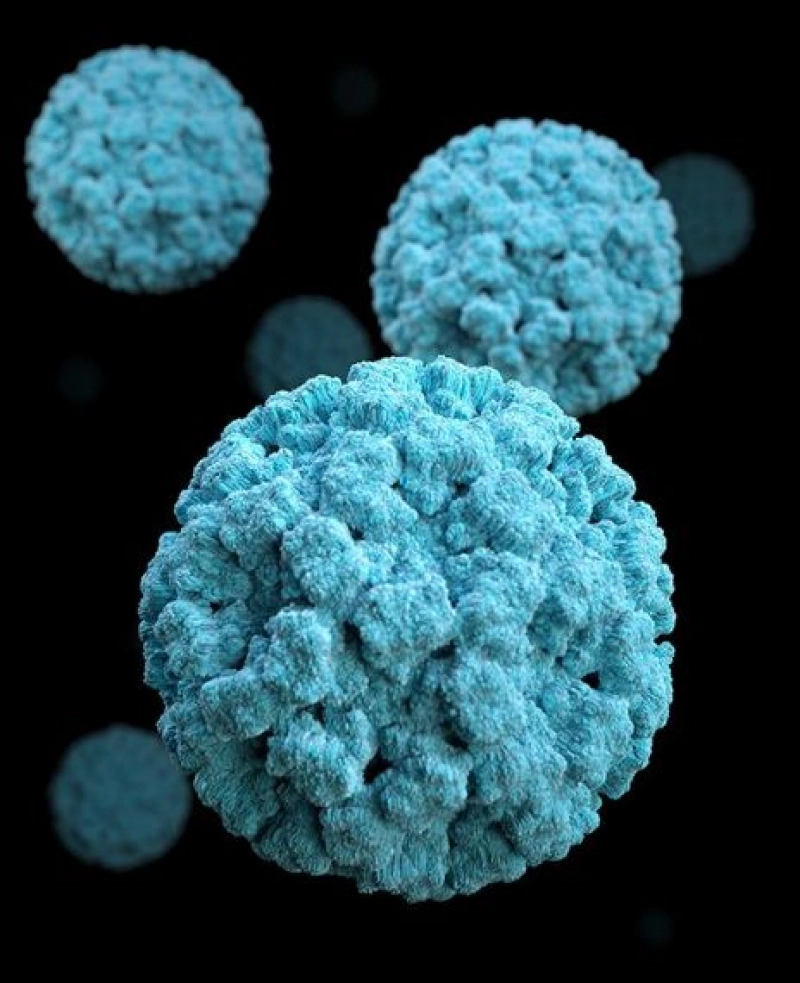By: Ankita Kulkarni
December 10 2021

There is currently no specific treatment for coronavirus, and several potential vaccines are now under clinical trials across the world.
There is currently no specific treatment for coronavirus, and several potential vaccines are now under clinical trials across the world. A medical research team at Taibah University in Medina published a research paper in the American Journal of Public Health Research, where they discuss TaibUVID therapy. According to the research, TaibUVID is a novel evidence-based approach for treating COVID-19 patients. A single TaibUVID dose includes one small spoonful of Nigella Sativa oil mixed with 1 gram of ground anthemis hyalina mixed with one large spoonful of natural honey. This mixture is to be chewed in the mouth and swallowed orally for both COVID-19 contacts and patients. The paper claims that this concoction could minimize the COVID-19 fatalities. It also claimed that Nigella sativa oil could be used in treating pneumonia or bronchopneumonia in patients suffering from severe COVID-19 symptoms. However, the World Health Organization (WHO) states that currently, there are no specific vaccines or treatments for COVID-19, and there are many ongoing clinical trials to develop a potential treatment for COVID-19. We conclude that TaibUVID cannot be used to treat COVID-19. The COVID-19 pandemic has given rise to a lot of potentially dangerous misinformation. For reliable advice on COVID-19 including symptoms, prevention and available treatment, please refer to the World Health Organisation or your national healthcare authority.